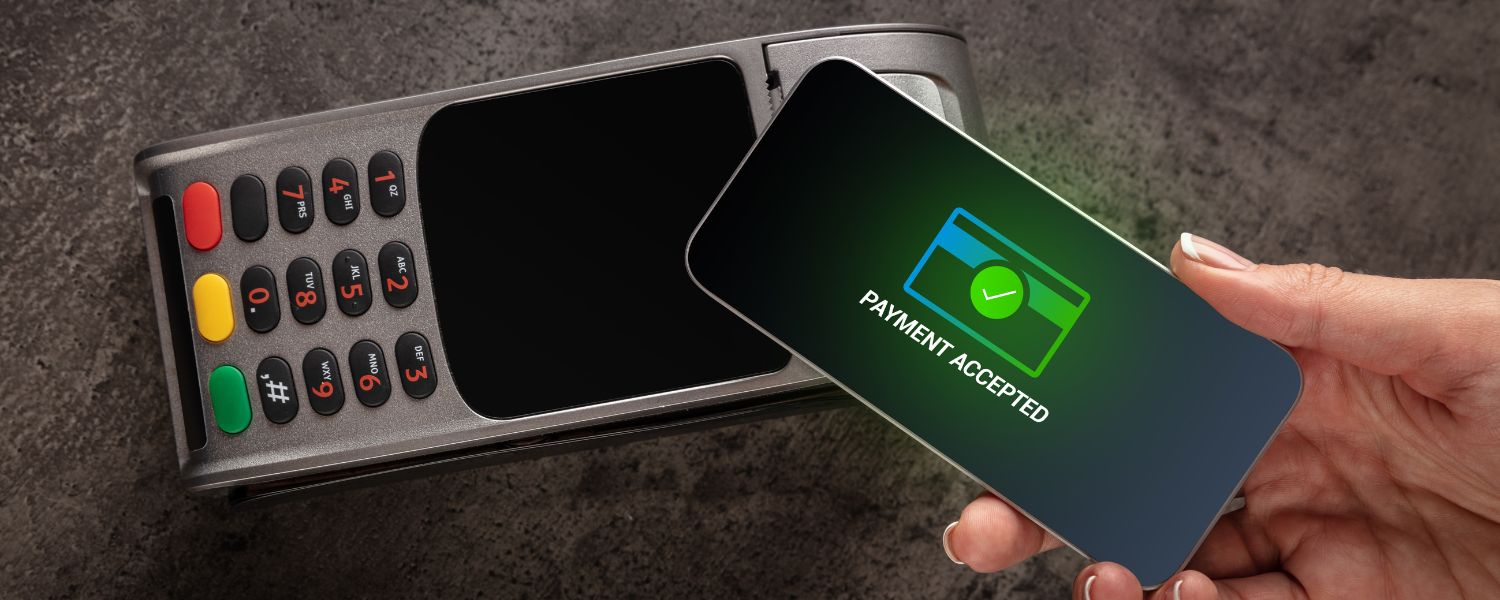For e-commerce and subscription billing businesses, having efficient and seamless payment solutions is crucial. Among the array of options available, PayPal Automatic Payments – the ability to make recurring payments via PayPal - stands out as a robust tool, offering businesses a streamlined approach to managing individual and recurring transactions. In this blog, we offer our take on what PayPal has to offer and explore its functionalities, advantages, setup process, associated fees, integration possibilities, and real-world applications.
1. Overview of PayPal Recurring Payments
PayPal’s recurring payments solution empowers businesses to automate the collection of recurring payments from customers. The service enables merchants to establish agreements with customers for periodic billing, facilitating the seamless exchange of funds for subscription services, membership dues, installment plans, and more.
One of the key strengths of PayPal lies in its accessibility. With over 300 million active users worldwide and support for multiple currencies and payment methods, PayPal provides businesses with a global platform for recurring billing. Additionally, PayPal's robust security measures and buyer protection policies instill trust among customers, reducing payment-related concerns and enhancing user satisfaction.
2. Pros and Cons of Making Recurring Payments on PayPal
Understanding the benefits and limitations of making recurring payments using PayPal is essential for businesses looking to leverage this service effectively.
Pros:
Convenience: PayPal's user-friendly interface and seamless integration make it easy for businesses to set up and manage recurring payments.
Global Accessibility: With support for multiple currencies and languages, PayPal enables businesses to reach customers worldwide, facilitating international transactions.
Customer Trust: PayPal's reputation as a secure and reliable payment platform instills confidence in customers, reducing cart abandonment rates and increasing conversion rates.
Automation: By automating the billing process, PayPal recurring payments save businesses time and resources, allowing them to focus on core operations and growth initiatives.
Cons:
Transaction Fees: PayPal charges transaction fees for each payment processed, which can impact profit margins, especially for businesses with high transaction volumes.
Limited Customization: While PayPal offers basic customization options for recurring payments, businesses with complex billing requirements may find the customization capabilities insufficient.
Dependency on PayPal: Relying solely on PayPal for recurring payments may pose a risk in terms of platform stability, policy changes, and potential service disruptions.
3. How do recurring PayPal payments work?
Let’s look at this from both a merchant and customer perspective. From initial setup to recurring billing cycles and payment processing, a clear understanding of the workflow is imperative for seamless integration.
Merchant Workflow:
Account Setup: Merchants must have a PayPal Business account to enable recurring payments. Within the PayPal dashboard, merchants can access the "recurring payments" or "subscription" feature to initiate the setup process.
Create Billing Agreement: To establish a recurring payment arrangement with a customer, merchants create a billing agreement specifying terms and conditions, including payment frequency, amount, and duration.
Customer Authorization: Once the billing agreement is created, merchants send an authorization request to the customer, who must consent to the recurring payments by agreeing to the terms outlined in the agreement.
Payment Processing: With the customer's authorization, PayPal automatically processes recurring payments according to the agreed-upon schedule, deducting funds from the customer's preferred payment method.
Customer Workflow:
Agree to Terms: Upon receiving the authorization request, customers review the terms of the billing agreement and provide consent by accepting the terms.
Payment Authorization: Customers authorize PayPal to charge their selected payment method for recurring payments, ensuring seamless and hassle-free transactions.
Payment Processing: Once authorized, PayPal automatically deducts funds from the customer's payment method at the scheduled intervals, eliminating the need for manual intervention.
4. How to Set Up Recurring Payments on PayPal
Detailed step-by-step instructions, accompanied by screenshots or illustrations, are provided on PayPal’s website to ensure that merchants can initiate recurring billing effortlessly. In summary:
Step 1: Access Recurring Payments Feature
Step 2: Create Billing Agreement
Step 3: Customize Billing Details
Step 4: Send Authorization Request
Step 5: Monitor Payment Activity
5. What Fees Does PayPal Take on Recurring Payments?
An analysis of the fee structure associated with PayPal recurring payments aids subscription businesses in evaluating the financial implications of adopting this payment solution.
Transaction Fees: PayPal charges a standard transaction fee for each payment processed through its platform. The fee varies depending on factors such as the merchant's location, transaction amount, and the customer's payment method.
Currency Conversion Fees: For international transactions involving currency conversion, PayPal imposes additional fees to cover the cost of currency exchange. The conversion rate applied may differ from market rates, affecting the overall transaction cost.
Subscription Fees: In addition to transaction fees, PayPal may levy subscription fees for certain advanced features or premium services, such as enhanced reporting tools or dedicated customer support.
6. Accept Recurring Payments with PayPal
From subscription boxes and membership services to software providers and digital content creators, PayPal facilitates recurring transactions across various industries.
Subscription-Based Businesses: Subscription-based businesses, including streaming services, online publications, and software-as-a-service (SaaS) providers, rely on PayPal recurring payments, one of the best billing software solutions, to automate subscription renewals and manage recurring billing for their customers.
Membership Organizations: Clubs, associations, and nonprofit organizations use PayPal recurring payments to collect membership dues, donations, and recurring contributions from their members, streamlining the payment process and ensuring consistent revenue streams.
E-commerce Merchants: Online retailers and e-commerce platforms leverage PayPal recurring payments to offer installment plans, subscription boxes, and recurring product purchases, providing customers with flexible payment options and enhancing customer loyalty.
Service Providers: Freelancers, consultants, and service-based businesses utilize PayPal recurring payments to establish retainer agreements, installment plans, and ongoing service contracts, simplifying payment collection and improving cash flow management.
7. PayPal Recurring Payments: Easily enabled
With PayPal’s intuitive controls and a seamless integration, subscription businesses can swiftly implement the recurring payments feature to streamline their payment processes.
Dashboard Navigation: Accessing the recurring payments feature within the PayPal dashboard is straightforward, with dedicated sections for creating billing agreements, managing subscriptions, and monitoring payment activity.
Configuration Options: PayPal offers customizable options for setting up recurring payments, allowing merchants to define billing intervals, trial periods, and billing amounts according to their business requirements.
Customer Communication: Streamlined communication tools enable merchants to send authorization requests and payment reminders to customers, facilitating prompt responses and reducing payment delays.
Integration Possibilities: the PayPal recurring payments feature seamlessly integrates with popular e-commerce platforms, accounting software, and customer relationship management (CRM) systems, enabling subscription businesses to sync payment data across multiple channels.
8. Setting Up Recurring Payments on PayPal
Here are some additional tips, best practices, and troubleshooting advice to ensure a smooth implementation of PayPal recurring payments, a key component of subscription management software. We address some common pitfalls and solutions to mitigate potential challenges.
Best Practices for Recurring Payments Setup:
Clearly communicate the terms and conditions of recurring payments to customers, including billing frequency, payment amounts, and cancellation policies.
Offer flexible payment options, such as credit/debit cards, PayPal balances, and alternative payment methods, to accommodate diverse customer preferences.
Regularly review and update billing agreements to reflect changes in pricing, subscription plans, or service offerings, ensuring accuracy and transparency for customers.
Implement robust security measures to safeguard sensitive customer data and prevent unauthorized access to payment information, reducing the risk of fraud or data breaches.
Common Challenges and Solutions:
Payment Failures: Address issues such as insufficient funds, expired payment methods, or declined transactions promptly to minimize payment failures and maintain positive customer relationships.
Subscription Management: Implement tools and systems for efficient subscription management, including automated notifications for subscription renewals, upgrades, or cancellations, to streamline administrative tasks and improve customer retention.
Regulatory Compliance: Stay informed about regulatory requirements and industry standards related to recurring billing, such as PCI DSS compliance and GDPR regulations, to ensure legal compliance and protect customer privacy.
Conclusion
In conclusion, the ability to make recurring payments with PayPal emerges as a formidable solution for subscription businesses seeking efficient, reliable, and scalable payment processing. Despite certain limitations, its widespread acceptance, user-friendly interface, and automation capabilities position it as a frontrunner in the realm of recurring billing software. By leveraging PayPal Automated Payments, businesses can streamline their billing operations, enhance customer satisfaction, and drive revenue growth in an increasingly competitive marketplace.
About Us
Billsby is a sector-leading cloud-based subscription billing software company, offering businesses unparalleled support in managing invoices and automated recurring payments. Ranked by G2 as the Number 1 subscription billing platform, Billsby streamlines billing operations, enhances efficiency, and maximizes subscription revenue potential. For tailored solutions and expert guidance, visit www.billsby.com today.









